 Fans of The World According to Brother Ian know that we here at the editorial offices are huge fans of Derek Sivers, and the clear way he both puts things, and makes us think.
Fans of The World According to Brother Ian know that we here at the editorial offices are huge fans of Derek Sivers, and the clear way he both puts things, and makes us think.
See if this little essay of his strikes a chord – I know it does for me.
Fixed Mindset vs Growth Mindset, with Derek Sivers
One of the most important concepts I’ve learned is the difference between the “fixed” mindset and the “growth” mindset.
People in a fixed mindset believe everyone is great or is flawed – that this is a fixed status, because it’s just who you are.
People in a growth mindset believe anyone can be great or can be flawed – that this is an ever-changing status, because it’s entirely due to your actions.
This sounds simple, but it’s surprisingly deep. The fixed mindset is the most common and the most harmful, so it’s worth understanding and considering how it’s affecting you.
For example:
In a fixed mindset, you believe “She’s a natural born singer” or “I’m just no good at dancing.”
In a growth mindset, you believe “Anyone can be good at anything. Skill comes only from practice.”
The fixed mindset believes trouble is devastating. If you believe, “You’re either naturally great or will never be great,” then when you have any trouble, your mind thinks, “See? You’ll never be great. Give up now.”
The growth mindset believes trouble is just important feedback in the learning process.
Can you see how this subtle difference in mindset can change everything?
More examples:
In a fixed mindset, you want to hide your flaws so you’re not judged or labeled a failure.
In a growth mindset, your flaws are just a TO-DO list of things to improve.
In a fixed mindset, you stick with what you know to keep up your confidence.
In a growth mindset, you keep up your confidence by always pushing into the unfamiliar, to make sure you’re always learning.
In a fixed mindset, you look inside yourself to find your true passion and purpose, as if this is a hidden inherent thing.
In a growth mindset, you commit to mastering valuable skills regardless of mood, knowing passion and purpose come from doing great work, which comes from expertise and experience.
In a fixed mindset, failures define you.
In a growth mindset, failures are temporary setbacks.
In a fixed mindset, you believe if you’re romantically compatible with someone, you should share all of eachother’s views, and everything should just come naturally.
In a growth mindset, you believe a lasting relationship comes from effort and working through inevitable differences.
In a fixed mindset, it’s all about the outcome. If you fail, you think all effort was wasted.
In a growth mindset, it’s all about the process, so the outcome hardly matters.
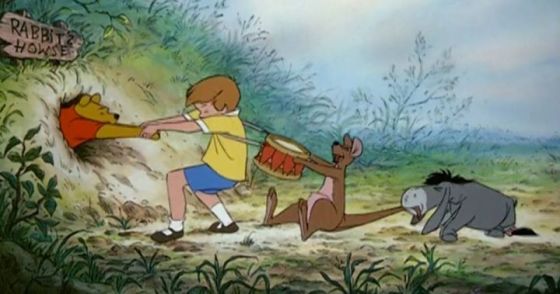
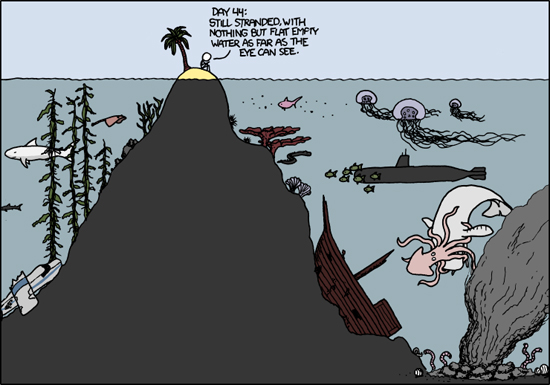

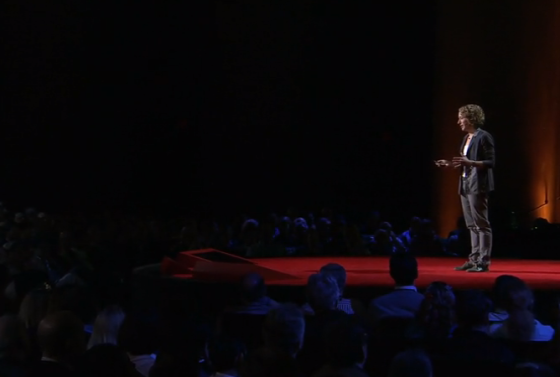







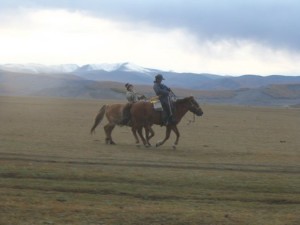

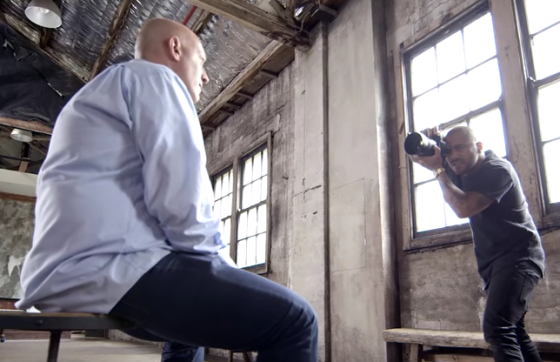 I think this is a little nutshell sharing of how you think you’re doing one thing – in this case, doing a portrait photo shoot – and getting different results, because different people, different stories, and different perspectives are involved.
I think this is a little nutshell sharing of how you think you’re doing one thing – in this case, doing a portrait photo shoot – and getting different results, because different people, different stories, and different perspectives are involved.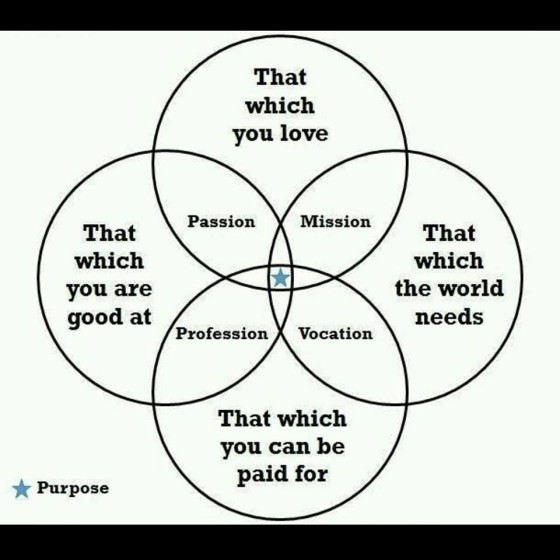













 Over the centuries, Brother Ian has been collecting stories & information & discourses for the purpose of elevating the human condition as needed, dissecting it when necessary, and building the case for hope.
Over the centuries, Brother Ian has been collecting stories & information & discourses for the purpose of elevating the human condition as needed, dissecting it when necessary, and building the case for hope.